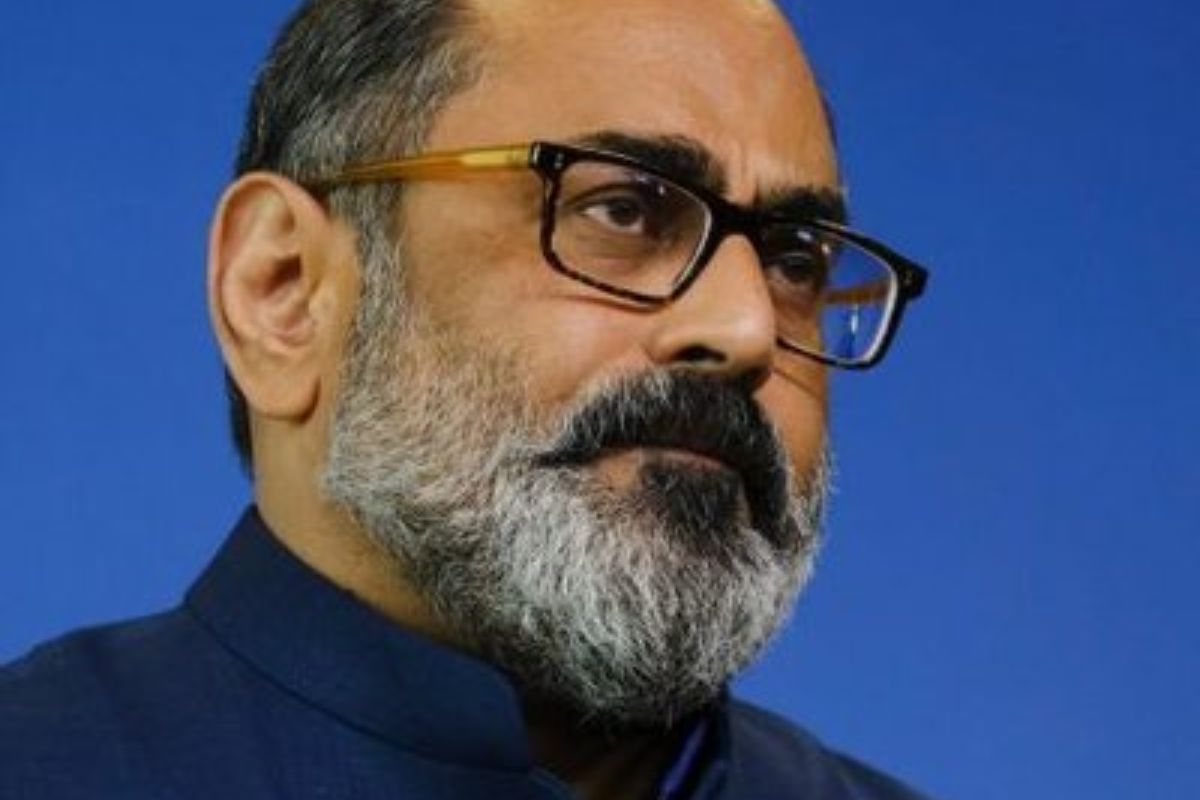Union Minister of State for Electronics and Information Technology and BJP’s Thiruvananthapuram Lok Sabha candidate Rajeev Chandrasekhar said on Thursday that his taxable income for the financial year 2021-22 sharply reduced to just Rs 680 due to the losses he suffered during Covid-19 period.
In a post on X on Thursday, Rajeev Chandrasekhar dismissed accusations of glaring mismatches in his election affidavit, saying that it was an “obvious attempt to distract voters from main issues of progress, development, jobs, skills and investments.”
Advertisement
Talking about his income, he said: “I am only in public life for several years and my income is derived only (from) MP or Minister’s salary and perks, and interest/dividend from savings/investments.”
The Congress had moved the Election Commission complaining that there is a mismatch between the actual assets of Chandrasekhar and those that he has declared in his election affidavit.
The Union Minister’s remarks came after the Election Commission on Tuesday asked the Central Board of Direct Taxes (CBDT) to verify the poll affidavit submitted by Chandrasekhar, in which he has declared Rs 680 as taxable income for 2021-2022.
Stepping up the attack against the Congress the Union Minister said the “Congress’s first family is on trial for stealing properties and transferring it to their name surreptitiously.” He also referred to a candidate who allegedly had to resign as minister for his legal IPL “interests.”
“Irony certainly died when Congress whose first family is on trial for stealing properties and transferring it to their name surreptitiously and other shenanigans and a candidate who had to resign as minister for his illegal IPL “interests” start talking abt disclosures and taxation,” he wrote on X.
Following the Election Commission’s direction to the CBDT, the Congress in its complaint had alleged infirmities in the values of Chandrasekhar’s assets, investments and income. The opposition party said this was a violation of the Representation of the People Act, 1951, and the Indian Penal Code.











